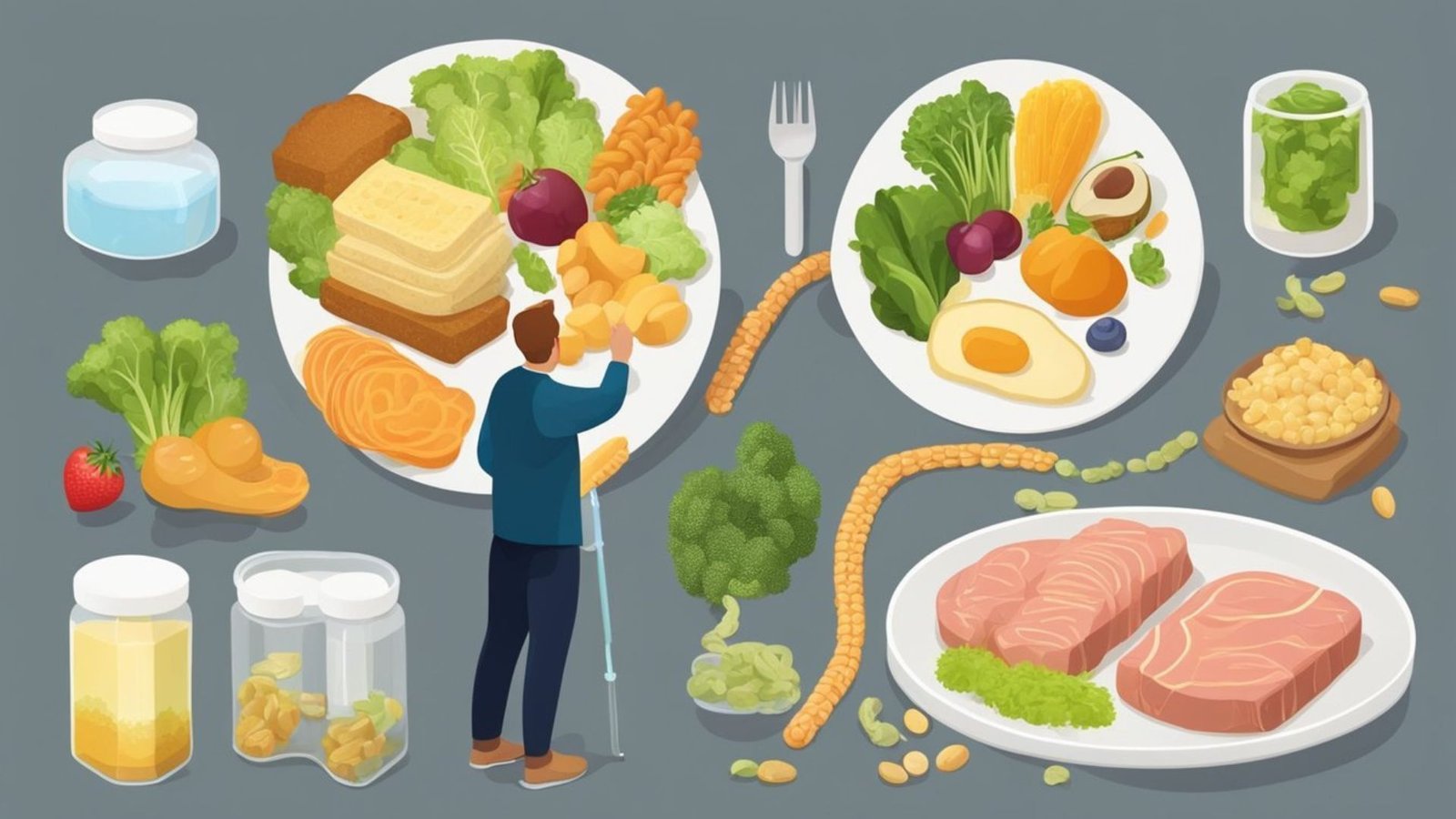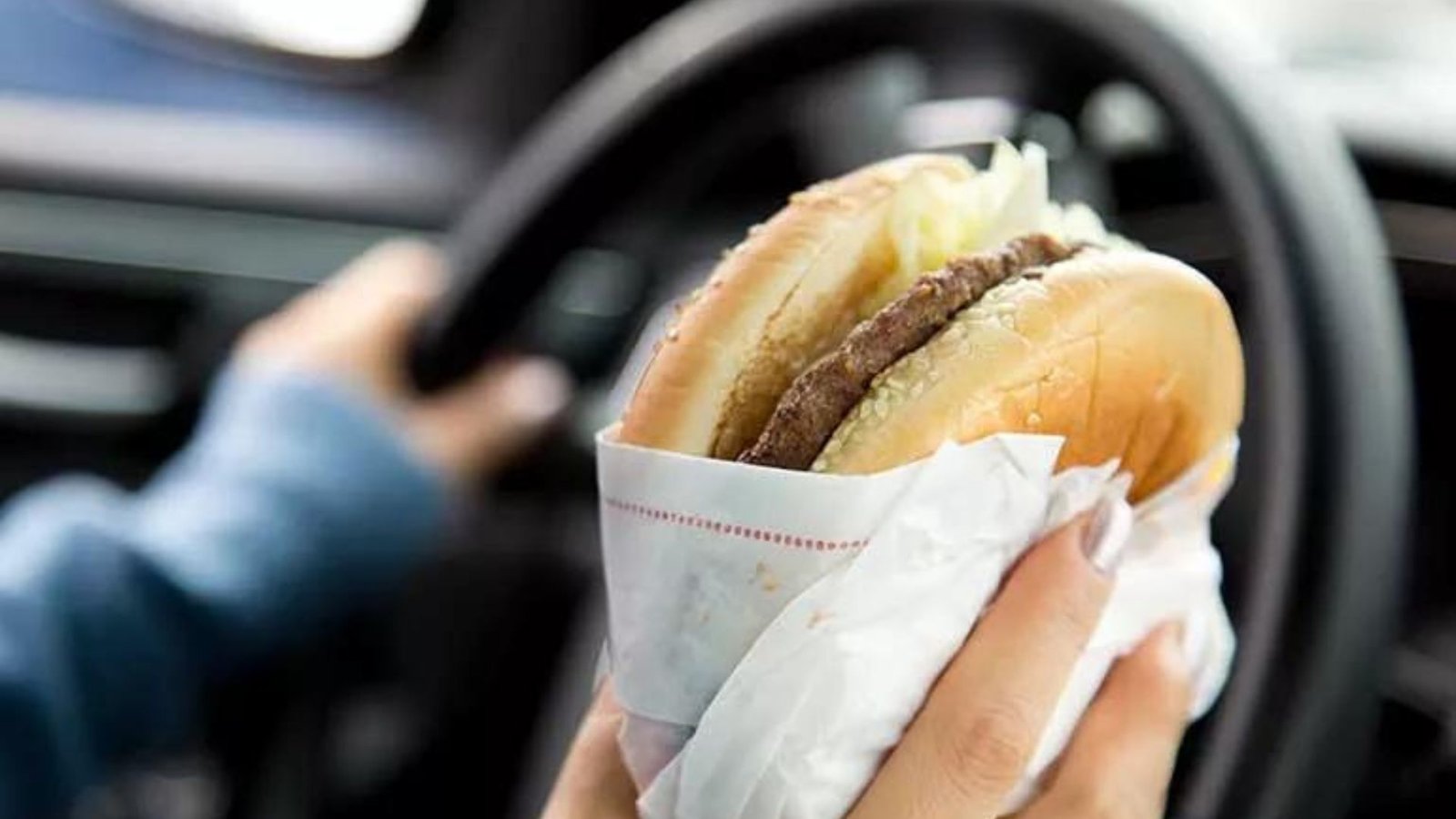Low-carb diets have gained popularity as an effective approach for weight loss. By reducing carbohydrate intake, you can potentially achieve significant results in managing your weight and improving overall health. This blog post explores various low-carb weight loss strategies and how they can help you reach your goals.

What is a Low-Carb Diet?
To begin with, a low-carb diet involves reducing the number of carbohydrates you consume. This means cutting back on foods like bread, pasta, rice, and sugary snacks. Instead, you focus on eating foods high in protein and healthy fats, such as lean meats, eggs, nuts, and vegetables. By doing so, you can help your body enter a state called ketosis, where it burns fat for energy instead of carbs.
1. Understanding Ketosis
Firstly, ketosis is a metabolic state that occurs when your body runs out of glucose (from carbs) and starts burning stored fat for fuel. This process can help accelerate weight loss. By maintaining a low-carb intake, you encourage your body to stay in ketosis, which can lead to more efficient fat burning and weight loss.
2. Incorporating Protein-Rich Foods
Another key strategy is incorporating protein-rich foods into your diet. Protein helps you feel full and satisfied, which can reduce overall calorie intake. Foods like chicken, fish, tofu, and legumes are excellent sources of protein. Additionally, protein can help preserve muscle mass while you’re losing weight, making it a crucial component of a low-carb diet.
3. Choosing Healthy Fats
Furthermore, healthy fats are an important part of a low-carb diet. Foods like avocados, olive oil, and nuts provide essential fatty acids that support overall health. These fats also help you feel full and satisfied, which can prevent overeating. Unlike unhealthy fats, which can lead to weight gain and other health issues, healthy fats are beneficial when consumed in moderation.
4. Avoiding Sugary and Processed Foods
Moreover, avoiding sugary and processed foods is essential for a successful low-carb diet. Sugary drinks, snacks, and processed foods often contain hidden sugars and carbs that can sabotage your weight loss efforts. Instead, opt for whole foods like fruits, vegetables, and lean proteins. Reading food labels can help you identify and avoid products with high carb content.
5. Incorporating Low-Carb Vegetables
Additionally, incorporating low-carb vegetables into your meals can enhance your diet. Vegetables like spinach, kale, and broccoli are low in carbs but high in nutrients. They provide essential vitamins and minerals while keeping your carb intake in check. Including a variety of these vegetables can help you stay full and satisfied while supporting your weight loss goals.
6. Staying Hydrated
Staying hydrated is another important aspect of a low-carb diet. Drinking plenty of water helps your body function properly and can aid in weight loss. Sometimes, feelings of hunger can actually be a sign of dehydration. By drinking enough water, you can help manage hunger and support your metabolism.
Tips for Success on a Low-Carb Diet
To succeed with a low-carb diet, consider these additional tips:
- Plan Your Meals: Plan your meals and snacks ahead of time to ensure you stay within your carb limits. Meal prepping can help you make healthier choices and avoid last-minute temptations.
- Track Your Carbs: Use a food diary or app to track your daily carb intake. This can help you stay accountable and make adjustments as needed.
- Get Support: Consider joining a support group or finding a weight loss buddy who follows a low-carb diet. Sharing experiences and tips can keep you motivated and on track.
Conclusion
In conclusion, exploring low-carb weight loss strategies can offer effective results for managing your weight and improving overall health. By understanding ketosis, incorporating protein-rich foods, choosing healthy fats, avoiding sugary and processed foods, and including low-carb vegetables in your diet, you can successfully follow a low-carb lifestyle. Stay hydrated, plan your meals, and track your carb intake to maximize your weight loss efforts. Adopting these strategies can help you achieve your weight loss goals and maintain a healthier lifestyle.




